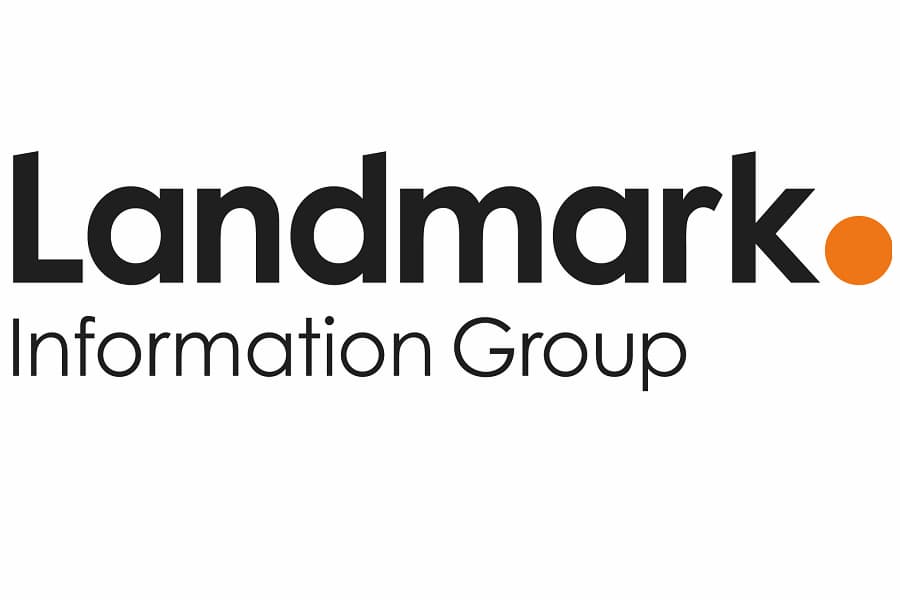An independent regulator, updated code of practice and mandatory qualifications are set to be enforced in the property agency sector.
The Government has been tasked with creating a list of reserved activities a regulated firm and agent should perform to remain compliant. The new regulations will impact all primary stakeholders carrying out property agency work; this includes estate and property agents but also spans to auctioneers, property guardian providers, international and online agents.
At least in the short-term, regulation will not involve the short-let sector, like AirBnB, or online property portals such as Rightmove.
It is thought that a more rigorous training system will result in greater levels of specialism and build increased consumer confidence in the sector. The new regime will ensure that every property agent and regulated stakeholder are trained to the minimum level 3 standard of Ofqual’s Regulated Qualification Framework; company directors and managing agents should be qualified to a minimum of level 4 in most cases.
Following on from the Tenant Fees Act’s enforcement earlier this year, the working group were convinced that a single, high-level set of principles should be rolled out to the entire sector.
In particular, the new regulator and code of practice will ensure that all agents ‘act with honesty and integrity; ensure all staff are appropriately qualified; declare conflicts of interest; and have an effective complaints procedure in place.’
Sean Tomkins, RICS Chief Executive, commented:
“Housing is central to the welfare of society, so ensuring consistent minimum standards across the sector for agents is vital to upholding the public interest.
“The process has helped to highlight the leadership that the chartered surveying profession demonstrates through its long-standing commitment to upholding the public interest, through effective, independent regulation.
“This is clearly reflected in the report, which has recommended that the new state regulator should be able to delegate regulatory functions to a professional body which can show sufficient regulatory independence and competence in that area.”
Mark Hayward, NAEA Propertymark Chief Executive and David Cox, ARLA Propertymark Chief Executive jointly commented:
“We have long called for government intervention to ensure everyone in the industry is licensed, adheres to a strict code of practice and holds at least a Level 3 qualification, A-level.
“Following the extensive considerations by the working group, it is now for government to create the structures for a properly regulated industry, whose professional knowledge and skills are trusted and respected by all.
“These are substantial changes which will require agents to start making preparations now to ensure that they are well placed for when these proposed qualification requirements are introduced.
“While we anticipate that the need for property qualifications will be phased in, we advise agents to get ahead of the competition and to stand out by adopting the new requirements early.”
How important could a new property agent regulator be to the property sector? Will this help to improve the communication channels between agents and conveyancers?





















2 Responses
Yes- and not before time! Most conveyancing solicitors’ experience of Estate Agents is that they seem over-concerned with urgency but wholly lack even a scintilla of knowledge of the basics- e.g. contact law, conveyancing generally, a mortgagee’s requirements, and how conveyancing works only because of cast-iron undertakings by solicitors up and down E&W.
Traditional regulation has been discredited by non-compliance such as price transparency
The reserved matters regime is a restriction on trade. The quid pro quo for consumers should be regulation that works
Regulators need to move from more paper to technology
For the new professions regulators should immediately require practitioners to use software which closes down automatically on failure to meet professional standards to a certain degree and issues penalty notices for lesser transgression.
Existing professions should follow